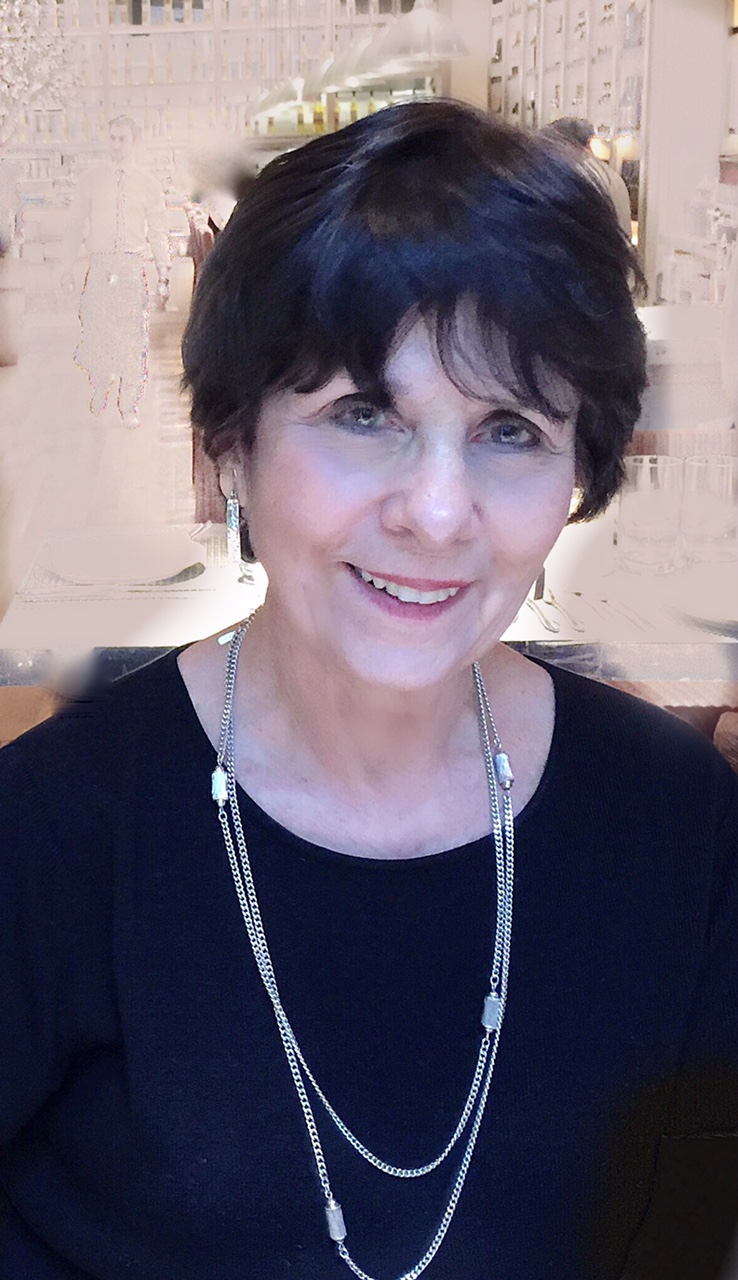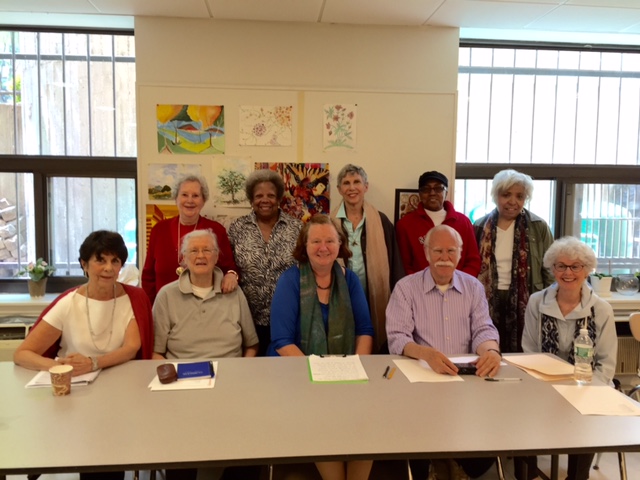Kathy Wilson’s background includes many years in the theater both as an actor and teacher. She attended Marymount Manhattan College, earning a degree in Communication Arts, and has taught numerous writing courses at MMC for both Continuing Education and the Center for Learning and Living. Active in the P&W-supported writing workshop at the Goddard Riverside Community Center for over a decade, she published a chapbook, and has read many of her essays for the Poets & Writers annual Intergenerational Reading events held at Barnes and Noble in Union Square. The International Library of Poetry’s 2007 collection published one of her poems “Congito Ergo Sum: I Think Therefore I Am” and her memoir, Out of the Rabbit Hole, was published by Fulton Books in September 2015. Wilson has lived on the Upper West Side in New York City all of her adult life.

Writing had always been a dream put on the back burner. It wasn’t until I was downsized from my full-time job in 2001 that I was able to join the senior writing workshop, funded by Poets & Writers, at the Goddard Riverside Community Center. Finally, I could focus on writing, in what was a noncompetitive and supportive atmosphere. I could write openly with trust and develop my own voice.
The seed of my memoir began with a writing prompt, given in class by our talented and intuitive teacher Veronica Golos: “Write about your earliest secret.’’ I wrote about the guilt I remembered having at three years old when I threatened to drown my beloved toy bear “Poochie” because he would not speak to me. My mother told me he would, if I was a good girl. “Poochie,” was selected to be read at the workshop’s annual reading, after which it was submitted and chosen for the Poets & Writers’ Intergenerational anthology Where I’m From. I became aware that I had a real gift for storytelling and I had quite a story to tell.
Elena Alexander, an accomplished poet, became our second instructor at the Goddard Riverside Community Center. Her dedication and talent guided our group through publishing our own individual chapbooks. This generated even more motivation for me to continue writing my memoir, written from a child's point of view, about how she survives an environment of alcoholism and violence.
When my memoir, Out of the Rabbit Hole, was completed I wondered, now what? At my age I did not want to go the agent route with months or years of submitting to literary agents. I began researching various self-publishers with much hesitation, many were trying to “sell’’ their company, plus reviews from authors that used them were very mixed. Through Poets & Writers, I was recommended to Deborah Englander, experienced editor and writer, and contributor to the Savvy Self-Publisher, a column on self-publishing in Poets & Writers Magazine. Deborah was informative and very clear about what I should expect when choosing a publisher and helped me to firm up my commitment to self-publishing. Armed with her expert advice and through more research, I chose Fulton Books. A tremendous feeling of accomplishment surged through me when I held my book for the first time. As a senior, it no longer seems the winter of my life, but a new beginning, I am an author!

I am excited and take great pride in the positive response I have received about Out of the Rabbit Hole. One review states: “Beautifully written, poignant, sensitive, and with attention to detail, it evokes the sight, smells and sounds of the 1940s and 1950s.”
Currently, I am still a member of the Goddard Riverside writing workshop, where I continue to develop my writing skills, and where I have made many close friendships over the years. It is an inspiring and multitalented group.
Writing is no longer on the back burner. It’s time to start another book, in this newly acquired springtime of my life.
Photos: (Top) Kathy Wilson. Photo Credit: Christina Freudenthal, (Bottom) Goddard Riverside Writing Class. Photo Credit: Walter Grutchfield
Support for Readings & Workshops in New York City is provided, in part, by public funds from the New York State Council on the Arts, and the New York City Department of Cultural Affairs, with additional support from the Louis & Anne Abrons Foundation, the Axe-Houghton Foundation, the A.K. Starr Charitable Trust, and the Friends of Poets & Writers.





 Writers who were born in another country and have relocated to the United States, as well as American-born residents whose parents were born in another country are eligible. Writers who have not published a full-length book of fiction with a U.S. publisher are eligible. Using the
Writers who were born in another country and have relocated to the United States, as well as American-born residents whose parents were born in another country are eligible. Writers who have not published a full-length book of fiction with a U.S. publisher are eligible. Using the  What do you do to get inspired?
What do you do to get inspired?
